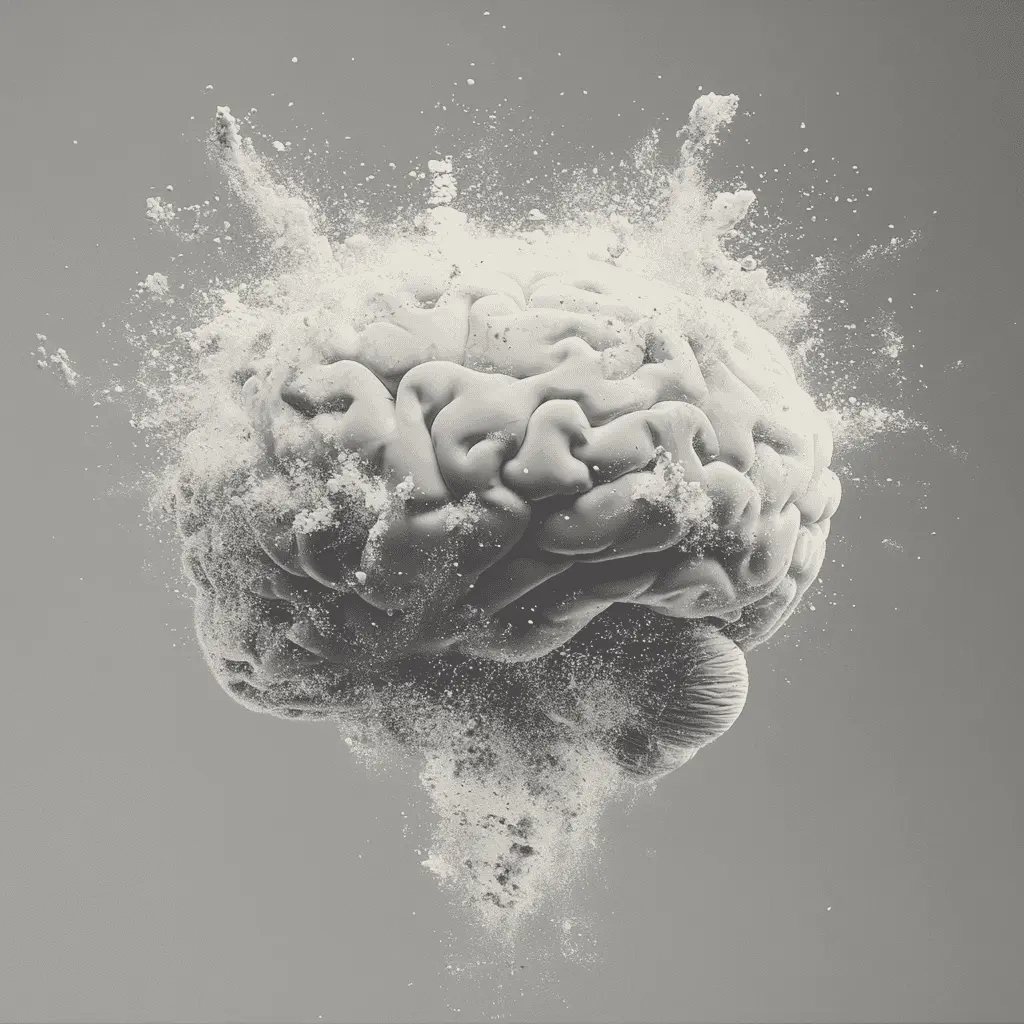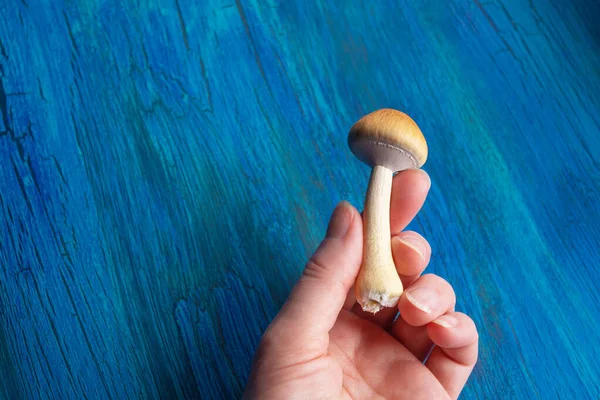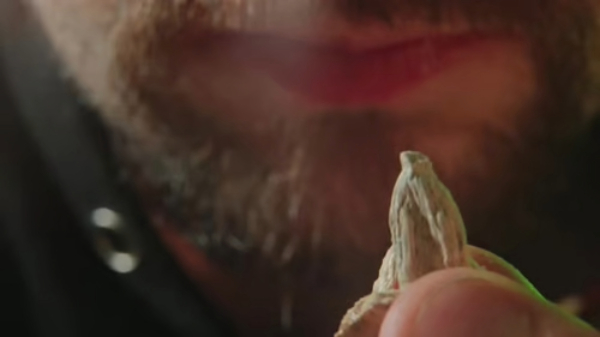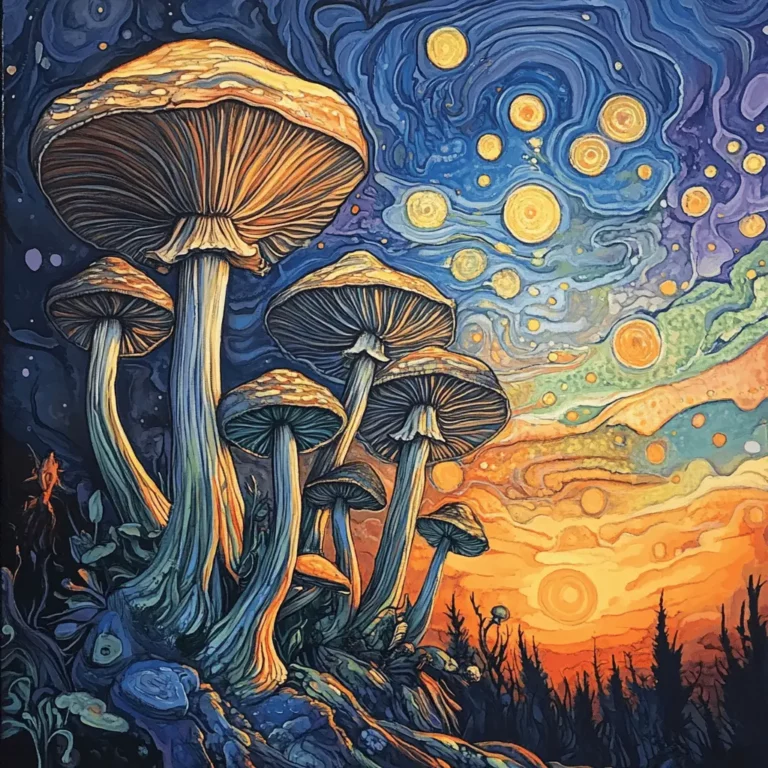Are Psilocybin Mushrooms Addictive?
Psilocybin mushrooms, often referred to as “magic mushrooms,” have been the subject of growing interest in recent years. They are naturally occurring fungi that contain psilocybin, a psychedelic compound known for producing altered states of consciousness, vivid visual experiences, and sometimes profound shifts in thought. As the popularity of psilocybin mushrooms grows, so does curiosity about whether or not they are addictive.
The idea of addiction can be concerning when it comes to any substance that alters the mind, whether it’s caffeine, alcohol, or something like psilocybin mushrooms. Addiction typically involves repeated, compulsive use of a substance, despite harmful consequences, and often leads to both physical and psychological dependence. With psilocybin mushrooms being explored for their potential therapeutic benefits, it’s important to understand how they interact with the brain and whether they pose any risk of addiction.
The answer in short is no, psilocybin mushrooms are non-addictive substances. This is the case with any classic psychedelic.
In this blog post, we’ll explore what addiction is, how psilocybin affects the brain, whether psilocybin mushrooms are addictive, and how their potential therapeutic uses may offer an alternative approach to treating addiction itself.
What Is Addiction?
To understand whether psilocybin mushrooms are addictive, we first need to explore what addiction means. Addiction is a complex condition that can affect both the brain and behavior. It often involves the compulsive seeking and use of substances like drugs or alcohol, despite knowing the negative consequences. Over time, addiction can lead to tolerance (needing more of the substance to achieve the same effect) and withdrawal symptoms when the substance is no longer used.
Most addictive substances affect the brain’s reward system by flooding it with dopamine, a chemical that produces feelings of pleasure and satisfaction. This reward system is a key player in the development of addiction because it teaches the brain to associate the substance with pleasure, creating a craving for it over time.
Some common substances that can lead to addiction include:
- Alcohol
- Nicotine (from tobacco)
- Opioids (like heroin or prescription painkillers)
- Cocaine
- Methamphetamine
The question then becomes: Do psilocybin mushrooms work in a similar way, leading to cravings, compulsive use, and addiction?
How Psilocybin Affects the Brain
Psilocybin works differently in the brain compared to more addictive substances like alcohol, nicotine, or opioids. When someone consumes psilocybin mushrooms, their body converts psilocybin into psilocin, which binds to certain serotonin receptors in the brain. Serotonin is a neurotransmitter that plays a role in mood, perception, and cognition. This interaction with serotonin receptors is responsible for the psychedelic effects, such as altered perception of time, visual and auditory hallucinations, and shifts in thinking and emotions.
The key difference between psilocybin and more addictive substances lies in how it interacts with the brain’s reward system. Unlike substances that flood the brain with dopamine and reinforce a compulsive desire for more, psilocybin doesn’t produce the same “feel-good” dopamine rush. This means that it doesn’t create the same kind of craving or compulsion that can lead to addiction.
In fact, many people who use psilocybin mushrooms report that the experience is so intense or introspective that they do not feel the need to use it repeatedly. Instead of creating a desire for regular use, psilocybin experiences are often seen as something to approach with caution and respect, with many users taking long breaks between uses.

Are Psilocybin Mushrooms Addictive?
Based on current research, psilocybin mushrooms are not considered to be physically addictive. This means that they do not cause physical dependence or withdrawal symptoms, as substances like alcohol or opioids do. People who use psilocybin do not typically develop a tolerance where they need to take more and more of the substance to achieve the same effect. In fact, there is evidence that repeated use of psilocybin mushrooms in a short period of time can actually reduce their effects, making it harder to achieve the same intensity of experience.
Psychologically, the risk of addiction to psilocybin mushrooms also appears to be low. The nature of the psychedelic experience is often described as challenging, even humbling, and it does not lend itself well to habitual or compulsive use. Rather than creating a desire for more, many users find that a single experience with psilocybin mushrooms can provide lasting insights or shifts in perspective that do not require frequent repetition.
However, it’s important to note that while psilocybin itself may not be addictive, some people may still misuse or overuse psychedelics in a way that disrupts their lives. This is more likely to occur in people with a history of substance abuse or mental health conditions. For these individuals, even substances that are not considered physically addictive can be used in unhealthy ways. But in general, the risk of psilocybin mushrooms becoming a substance of addiction is considered to be quite low.

Psilocybin and Therapeutic Use: Treating Addiction
Interestingly, while psilocybin mushrooms themselves do not seem to be addictive, they are being explored as a potential treatment for addiction. Early research into psilocybin-assisted therapy has shown promising results in helping people overcome addiction to substances like nicotine, alcohol, and opioids.
In psilocybin therapy, individuals typically work with a trained therapist or guide who helps them navigate the psychedelic experience. The goal of the therapy is not just to achieve a temporary state of euphoria, but rather to use the psilocybin experience to gain insights into their behavior, emotions, and thought patterns. This deeper understanding can help people address the root causes of their addiction, rather than just treating the symptoms.
Several studies have shown that psilocybin therapy can lead to long-lasting changes in behavior and a reduced desire to use addictive substances. For example, a study conducted at Johns Hopkins University found that psilocybin-assisted therapy helped individuals quit smoking at a much higher rate than traditional methods. Similar studies have shown that psilocybin can help reduce heavy drinking in people with alcohol use disorder.
The exact mechanisms behind these effects are still being researched, but it’s believed that psilocybin’s ability to “reset” certain neural pathways in the brain may play a role. By altering the way, the brain processes reward, memory, and habit, psilocybin may help people break free from the patterns of behavior that drive addiction.

Risks and Considerations
While psilocybin mushrooms do not appear to be addictive, that doesn’t mean they are without risks. Psychedelic experiences can be overwhelming or frightening, especially for people who are not prepared for the intensity of the experience. In some cases, psilocybin use can trigger or exacerbate mental health conditions like anxiety or psychosis, particularly in individuals with a predisposition to these conditions.
As we always mention it’s also important to consider the legal status of psilocybin mushrooms. In many parts of the world, psilocybin is still classified as a Schedule I controlled substance, meaning it is illegal to possess, sell, or use. However, there is a growing movement to decriminalize or legalize psilocybin for therapeutic use in certain jurisdictions. If you are considering using psilocybin mushrooms for any reason, it’s important to be aware of the laws in your area and to use them responsibly.
If you are interested in this topic we reccomend checking out our recent post “How Long to Rewire Brain from Addiction.”

Conclusion
The short answer is no, psilocybin mushrooms are not considered to be addictive. They do not cause physical dependence or withdrawal symptoms, and their effects on the brain do not create the same kind of compulsive craving that leads to addiction. While it is possible for some individuals to misuse or overuse psychedelics, the risk of addiction to psilocybin mushrooms is generally low.
In fact, psilocybin is being explored as a potential tool for treating addiction, with early research showing that psilocybin-assisted therapy can help individuals overcome dependence on substances like alcohol and nicotine. However, as with any substance, it’s important to approach psilocybin mushrooms with caution, especially if you have a history of mental health conditions or substance abuse.
As more research is conducted, we may continue to learn about the unique properties of psilocybin mushrooms and their potential to help people heal from addiction, rather than contributing to it.


